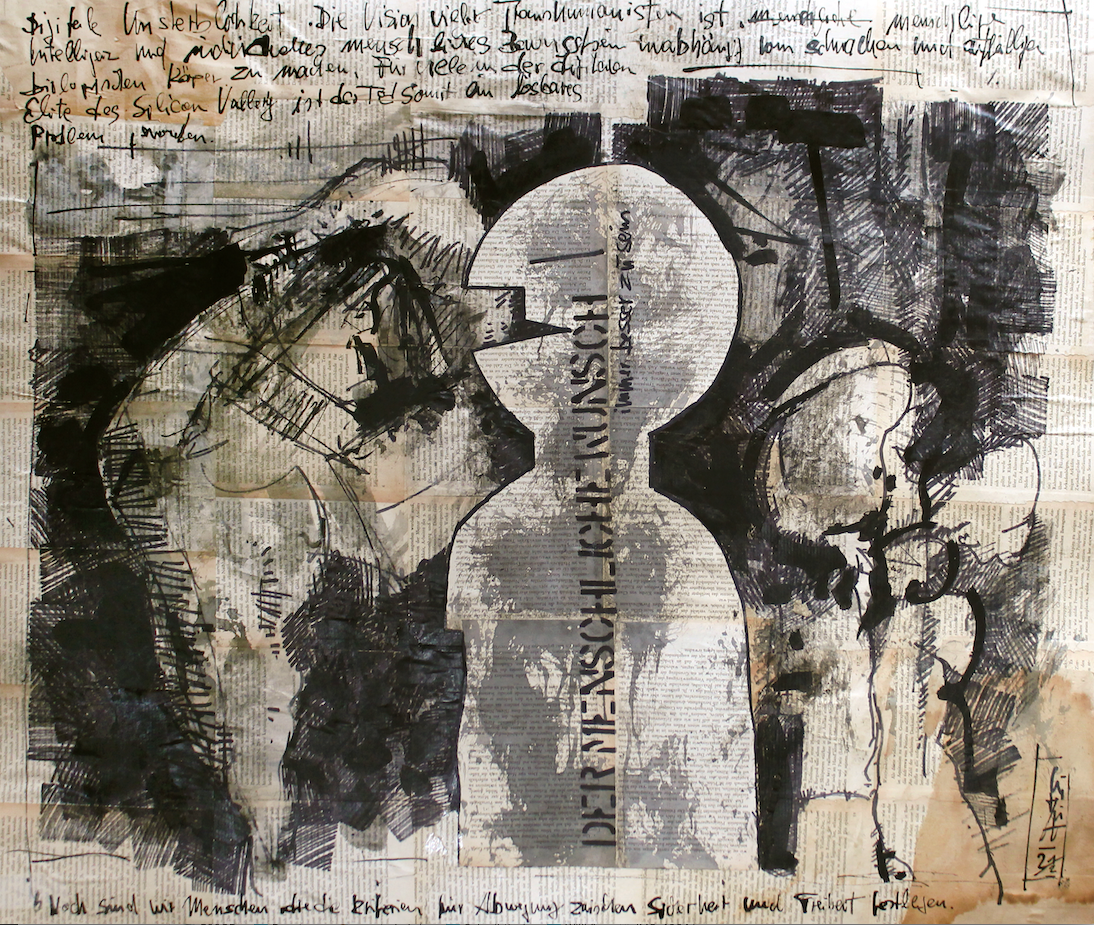
Günter Ludwig: Could transhuman angels guide us out of the eternal human trauma?
In his current catalog, Günter Ludwig penetrates the current era of transhumanism. He affirms the need for human enhancements resulting from science and technology to overcome physical and mental limitations but also set limits.
I remember the day I visited Ludwig in his studio in 2019. We had a long discussion about his current work that still goes on till today. Fascinated by the transhumanism philosophical movement, he was already working on depicting his vision of a transhumanity free from ethical limitations and religious morality. Humans have the right to develop with a clear notion, skills which will evolve them higher than their current physical and mental limitations.
Based on ancient Greek mythology, Plato refers to human creation as a complete disaster. Zeus, father of all gods entrusted to Titans Epimetheus (the “after-thinker”) and Prometheus (the “fore-thinker”), the distribution of traits to all the newly created specimens. By the time it was man’s turn to receive a positive feature, last of all species, Epimetheus had found out that he had nothing to offer. In the act of kindness to humankind, Prometheus stole from God’s creativity and fire. Zeus demanded the retraction of this action, which Prometheus rejected. For this blasphemy against the higher power, he was banned to a rocky mountain and sentenced to lifelong suffering.
What Plato describes reveals a sad truth behind the birth of humanity. Our existence has never been an act of kindness, love, and altruism from the part of our creator. Ever since his presence, man carries the stigma of inferiority among other living specimens, which leads him to act like an outcast “child.” He treats his environment with ruthlessness, pollutes and burns down the planet, kills, and terrorizes other living creatures, even other humans. By revealing his psychological trauma, he subsides his anger and profoundly cries out for help in proclaiming his role and position among his “father’s” creations.
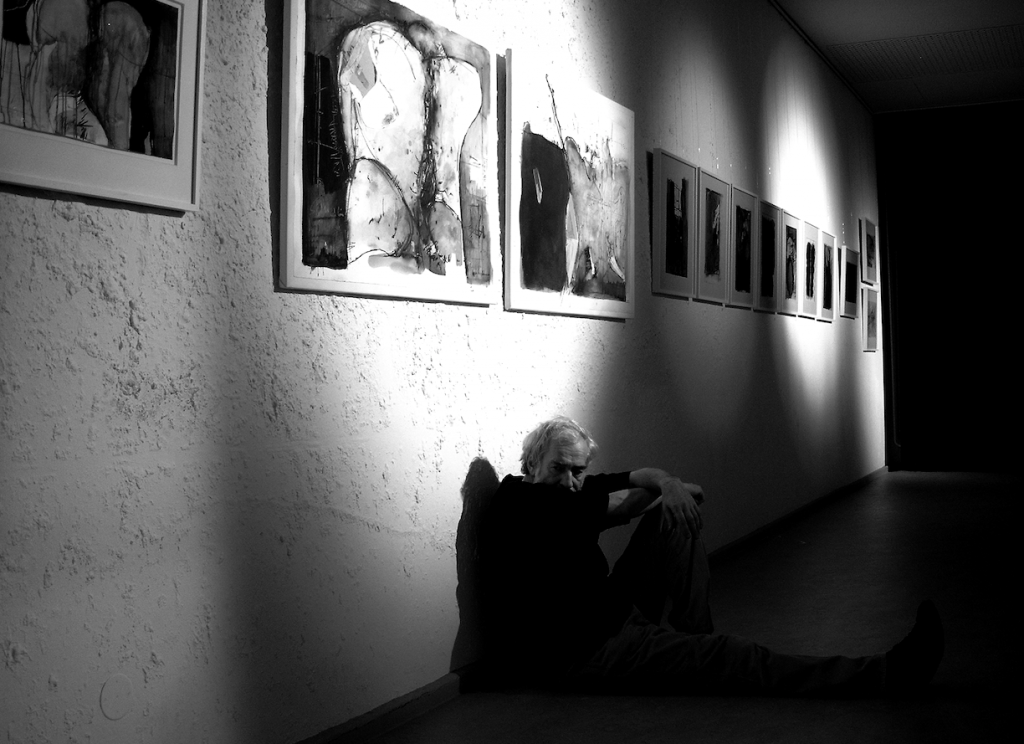
At this point, Ludwig sets the limits of modern humanity’s evolution by introducing his transhuman angels. Prometheus stole from goddess Athena creativity (science) and from Hephaestus fire (technology), which, according to transhumanism, represent the core values of human enhancement. In consideration of scientific advantages in human biology, Ludwig visualizes the creation of a new species by humans: the transhuman angels. They look amazingly social, beautiful, kind, surrounded by a veil of dazzling light. By introducing in his current work, the transhuman angels, as human creations Ludwig disputes the roots of transhumanism as being inadequate. He claims that progress and rationality aren’t enough for humanity’s enlightenment.
The 21st-century transhuman era is still characterized by humans’ religious drawbacks, anger, and inferiority complex to their creator. Driven by their ongoing emotional instability, resulting from a profoundly problematic “father-child” relationship, humans seek to come closer, be like, or even surpass their “father”. For Günter Ludwig, transhuman angels are the spitting images of their creator but also carriers of human catastrophe.
In Franz Kafka’s novella “The Metamorphosis,” Gregor serves his family unconditionally all through his life to the extent of his gradual transformation into a “monstrous vermin.” For Ludwig, each act of reaching our creator still carries our psychological trauma. It is a step deeper into our autistic seclusion and self-destruction. Modern man can’t conceptualize that the closer he tries to get mentally and physically to his “father” the higher is his inability to comprehend the metamorphosis on him. Every physical and mental evolution that doesn’t relate to a psychological development or doesn’t provide answers to piled up existential concerns of humanity is doomed to fail. Behind their angelic faces, Ludwig’s angels hide the same unemotional, detached character of their creator and their creator’s “father.”
As long as enlightenment is based solemnly on progress and rationality, excluding the healing of humanity’s psychological trauma, the danger of humans losing their identity can’t be excluded.
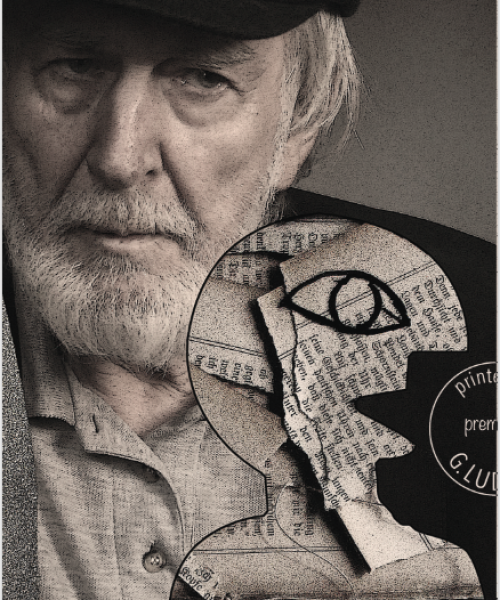
Günter Ludwig was born in Rosenthal , Peine Germany in 1950. He started drawing when he was 13 years old inspired by Goya and Rembrandt. In 1967 he started painting with oils and in 1973 after graduating secondary school he starts studying mechanical engineering design. He continues his studies (1975-1979) for becoming an industrial designer. He had already started exhibiting his drawings and oil-paintings and introducing etching in his work. In 1978 he exhibits his etching work for the first time. During 1979-1984 he becomes gradually a free-lance painter and graphic designer and sets up his own workshop for etching. In 1982 he does his last oil-paintings and in 1983 his last etching of that period in order to attend a nine month scholarship in Worpswede, Germany for hand painting and printed graphic art. In 1984 he was chosen for the scholarship “Märkisches Stipendium”for drawing and printed graphic arts. During the period 1984-1987 he works also as a designer and industrial photographer. In 1985 he completes the series of black and white photo works of loose objects, Angie-cycle and Landscapes. In 1987 he founds the “PAN_Design” advertising agency. Parallel to his activities he continues exhibiting in Germany concentrating mainly in photography and digital picture. Since 1989 he is a designer for publicity and advertising photography. From 1997 he started working also on digital-video-film as well as book and catalogue illustrations.

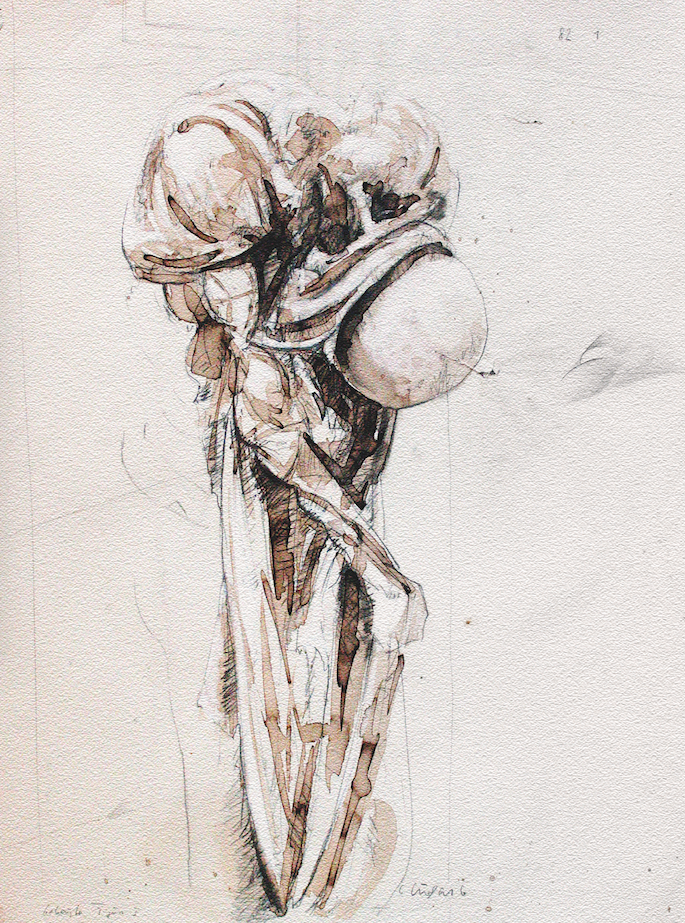
SHARE THE PAGE
#athinas
Become part of athina’s team! Share your works, enthusiasm and opinion about visual arts.
follow us


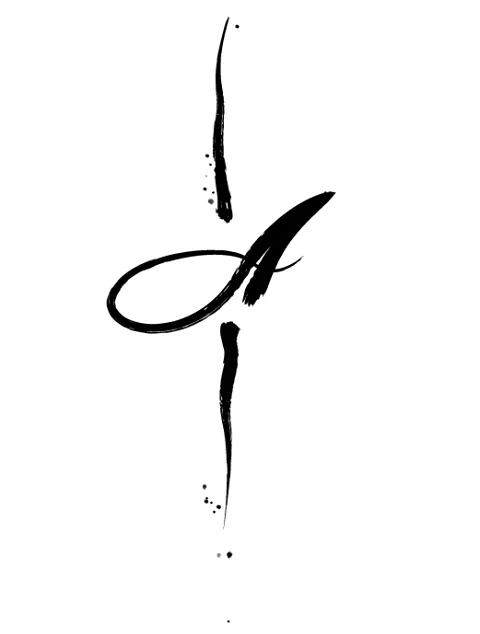
 When you visit any website, it may store or retrieve information on your browser, mostly in the form of cookies. This information might be about you, your preferences or your device and is mostly used to make the site work as you expect it to. The information does not usually directly identify you, but it can give you a more personalized web experience. Because we respect your right to privacy, you can choose not to allow some types of cookies. Click on the different category headings to find out more and change our default settings. However, blocking some types of cookies may impact your experience of the site and the services we are able to offer. For more information please read our
When you visit any website, it may store or retrieve information on your browser, mostly in the form of cookies. This information might be about you, your preferences or your device and is mostly used to make the site work as you expect it to. The information does not usually directly identify you, but it can give you a more personalized web experience. Because we respect your right to privacy, you can choose not to allow some types of cookies. Click on the different category headings to find out more and change our default settings. However, blocking some types of cookies may impact your experience of the site and the services we are able to offer. For more information please read our